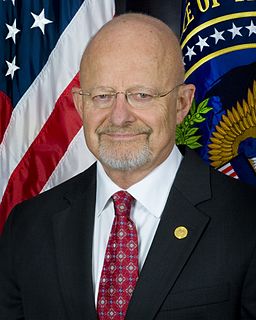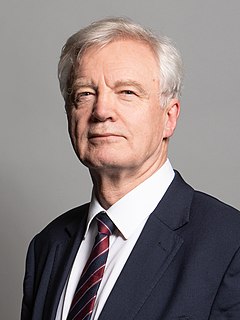A Quote by Thomas Jefferson
The President is bound to stop at the limits prescribed by our Constitution and law to the authorities in his hands, [and this] would apply in an occasion of peace as well as war.
Related Quotes
The functions of the president are prescribed by the Constitution, but his real achievements are not set by the letter of the law. They are determined rather by his personality, the weight of his influence, his capacity for managing men, and the strength and effectiveness of the party forces behind him.
No power but Congress can declare war; but what is the value of this constitutional provision, if the President of his own authority may make such military movements as must bring on war? ... [T]hese remarks originate purely in a desire to maintain the powers of government as they are established by the Constitution between the different departments, and hope that, whether we have conquests or no conquests, war or no war, peace or no peace, we shall yet preserve, in its integrity and strength, the Constitution of the United States.
The Constitution expressly and exclusively vests in the Legislature the power of declaring a state of war [and] the power of raising armies.... A delegation of such powers [to the President] would have struck, not only at the fabric of our Constitution, but at the foundation of all well organized and well checked governments. The separation of the power of declaring war from that of conducting it, is wisely contrived to exclude the danger of its being declared for the sake of its being conducted.
Impeachment is our system's last resort for someone who treats himself or herself as above the law, the most relevant thing is whether this president, by his recent course of action, on top of his violations of the foreign corruption or emoluments clause, this president has shone that he cannot be trusted to remain within the law and our constitution's last resort for situations of that kind is to get the person out of office.
I could not do otherwise without transcending the limits prescribed by the Constitution for the President and without feeling that I might in some degree disturb the security which religion nowadays enjoys in this country in its complete separation from the political concerns of the General Government.
...to support the Constitution, which is the cement of the Union, as well in its limitations as in its authorities; to respect the rights and authorities reserved to the States and to the people as equally incorporated with and essential to the success of the general system;... to keep within the requisite limits a standing military force, always remembering that an armed and trained militia is the firmest bulwark of republics-that without standing armies their liberty can never be in danger, nor with large ones safe.
In matters of religion, I have considered that its free exercise is placed by the Constitution independent of the powers of the general government. I have therefore undertaken on no occasion to prescribe the religious exercises suited to it; but have left them as the Constitution found them, under the direction and discipline of State or Church authorities acknowledged by the several religious societies.
By nature's law, every man has a right to seize and retake by force his own property taken from him by another, by force of fraud. Nor is this natural right among the first which is taken into the hands of regular government after it is instituted. It was long retained by our ancestors. It was a part of their common law, laid down in their books, recognized by all the authorities, and regulated as to circumstances of practice.
Our yearning for democracy is accompanied by a no less profound yearning for peace. And the media also faced the task of historical engineering to establish this required truth. We therefore have phenomena called 'peace missions' and the 'peace process'. These are terms that apply to whatever the United States happens to be doing or advocating at some moment... in short, 'War is Peace'.





























